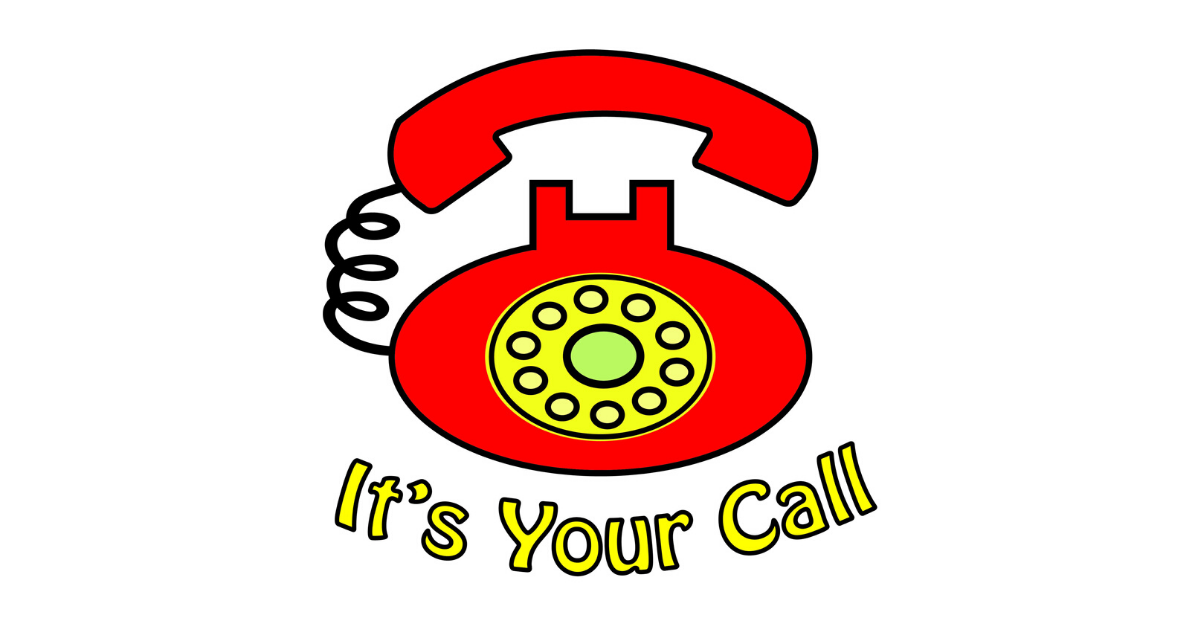
24 Oct You Are Not Alone- Domestic Violence Awareness Month 2019
Ms. A.* was silently living in the shadows of domestic violence for many years in her Queens home.
Ms. A.’s longtime boyfriend had been repeatedly abusing her sexually, physically, and psychologically, causing unimaginable pain and suffering. Eventually she was hospitalized after her enraged boyfriend attempted to choke her, making the local authorities aware of her dire situation.
At first, you might think this case of domestic violence happened to a younger or even middle-aged person.
Think again.
Ms. A. is 82. Her older age means she is a survivor of both domestic violence and elder abuse. Ms. A. was referred to the Weinberg Center for Elder Justice after the hospital domestic violence advocate learned about the choking attempt. The Weinberg Center provided her safe shelter and the legal, social, therapeutic, and medical services necessary for her to recover from her abuse.
Domestic violence cases involving older adults such as Ms. A. are more common than most people realize.
A national phone survey by University of South Carolina researchers found that 1 in 10 of community-residing, cognitively intact elderly respondents report experiencing some type of abuse or potential neglect that could be considered ‘domestic violence’ in the past year. Given that older adults frequently do not disclose abuse and older adults with cognitive impairment have at least double the risk of abuse, the real incidence is likely even higher than the 1 in 10 estimate.
October is Domestic Violence Awareness Month. RiverSpring Living and the Weinberg Center for Elder Justice are committed to increasing awareness of this connection and providing essential resources for its staff.
*For protection purposes, this is not the victim’s real name.
What is the definition of domestic violence?
The National Coalition Against Domestic Violence provides the following definition:
Domestic violence is the willful intimidation, physical assault, battery, sexual assault, and/or other abusive behavior as part of a systematic pattern of power and control perpetrated by one intimate partner against another. It includes physical violence, sexual violence, threats, and emotional/psychological abuse. The frequency and severity of domestic violence varies dramatically.
What is the definition of elder abuse?
The CDC defines elder abuse as an intentional act, or failure to act, by a caregiver or another person in a relationship involving an expectation of trust that causes or creates a risk of harm to an older adult. (An older adult is defined as someone age 60 or older.)
Forms of elder Abuse include:
- Physical Abuse
- Sexual Abuse or Abusive Sexual Contact
- Emotional or Psychological Abuse
- Neglect
- Financial Abuse or Exploitation
What is the connection between domestic violence and elder abuse?
According to the National Institute on Aging, “Abuse can happen to anyone—no matter the person’s age, sex, race, religion, or ethnic or cultural background. Each year, hundreds of thousands of adults over the age of 60 are abused, neglected, or financially exploited. This is called elder abuse.”
Intimate partner violence can also occur with older adults. Spouses or partners in heterosexual, gay, or lesbian relationships, adult children or other family members, caregivers or persons in a position of authority such as guardians, lawyers, or interpreters may harm older adults. In 90% of reported cases, family members are the abusers; 20% of the time, that family member is the older adult’s spouse or romantic partner.
How is RiverSpring Living helping people who have experienced domestic violence?
Despite its misleading name, domestic violence is not just a personal problem that can be left at home. According to a study from the U.S. Bureau of Labor Statistics, nearly 1 in 4 large private industry employees reported at least one incidence of domestic violence in the past year.
RiverSpring Living has a comprehensive employee domestic violence prevention and intervention program.
The innovative “It’s Your Call” initiative provides every staff member with domestic violence training, ever-vigilant security and a resource, referral and support network.
Employees can access this program via colleagues who serve as “lighthouses.” These colleagues are drawn from across departments and supervisory structures and available for private discussions about domestic violence-related incidents. A multi-department response team of experts also supports these “lighthouses.”
RiverSpring Living would like to remind you that you are not alone. If you suspect that you or your loved one might be suffering from domestic violence and/or elder abuse, there are resources available.
What resources are available for domestic violence and elder abuse?
***If you are in immediate danger, call 911. ***
For RiverSpring Living Employees, we are currently in the process of retraining and recertifying our lighthouses. In the meantime, you can contact:
- Joy Solomon, Esq., Director and Managing Attorney of the Weinberg Center for Elder Justice
Email – Joy.Solomon@hebrewhome.org
Ext. – 1272
- JoAnne DeVito,MSHR,PHR,SHRM-CP,Vice President of Human Resources
Email: JoAnne.DeVito@riverspringhealth.org
Ext. – 1762 - Yamil Velazquez, Director of Securiry and Environmental Services
Email – Yamil.Velazquez@hebrewhome.org
Ext. – 1388
Other national and local resources you can contact:
- National Domestic Violence Hotline
800-787-3224 - Safe Horizon – 24-hour hotline
1-800-621-HOPE (4673) - New York State Domestic and Sexual Violence Hotline
1-800-942-6906 - NYC’s 24-hour Domestic Violence Hotline
800-621-4673 - NYC Gay and Lesbian Anti-Violence Project
212-714-1141 - Urban Resource Institute in the Bronx
(646) 588-0030

